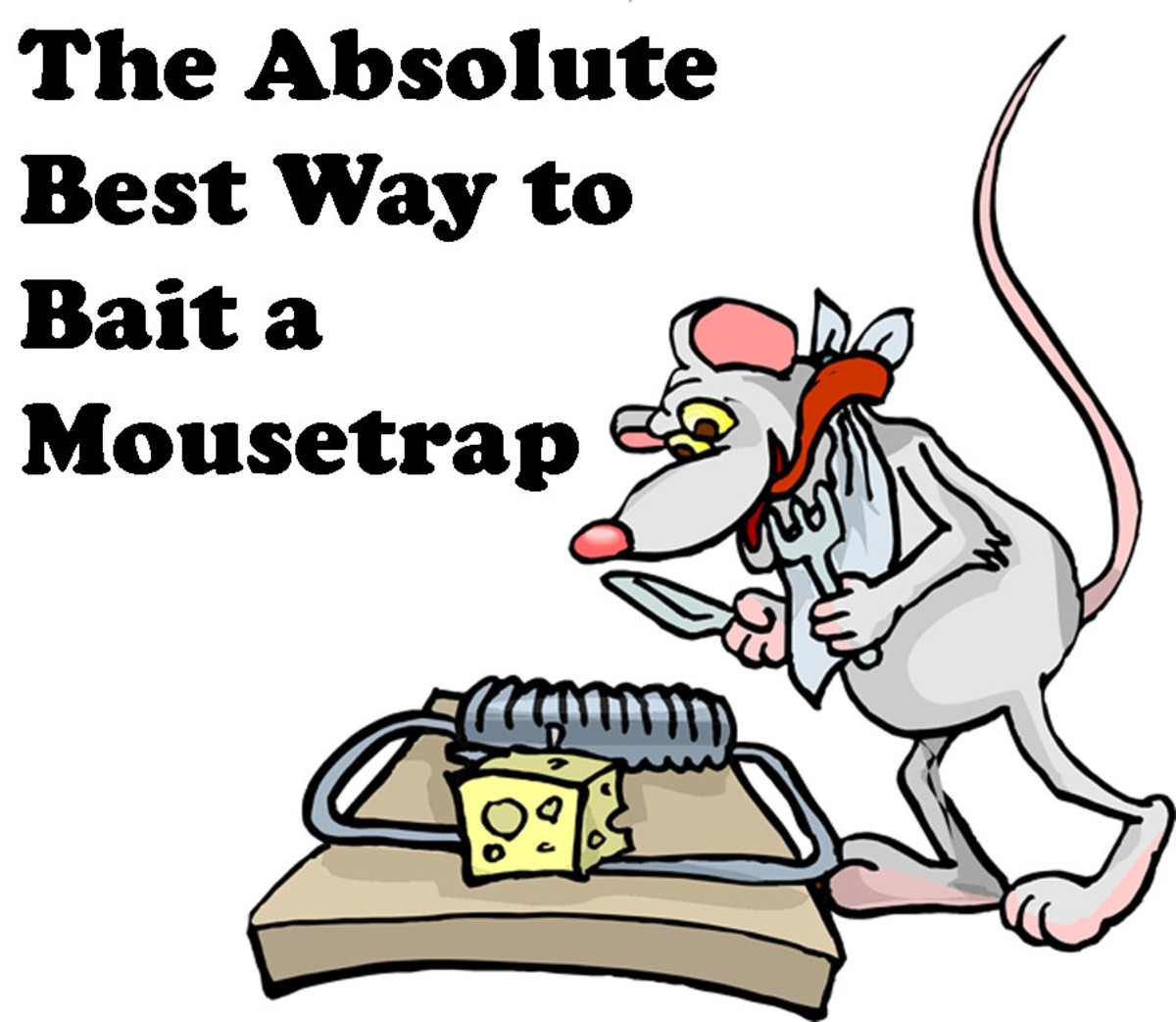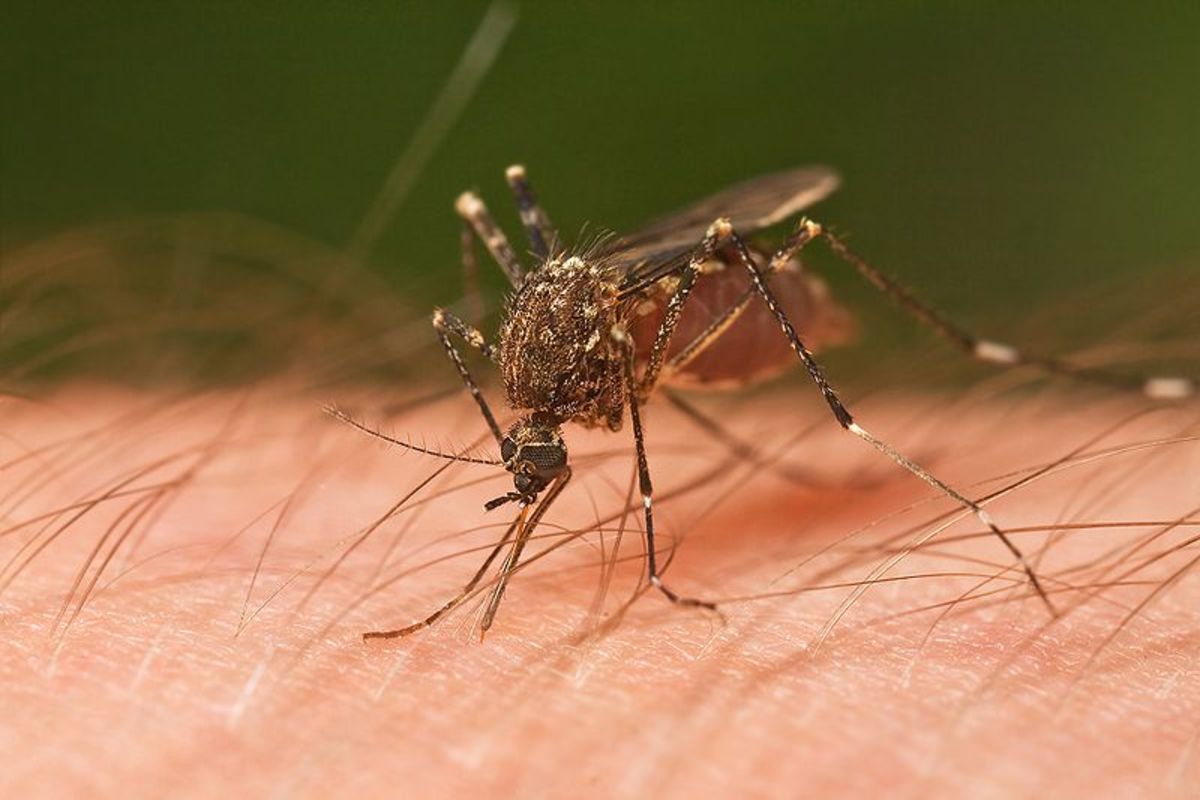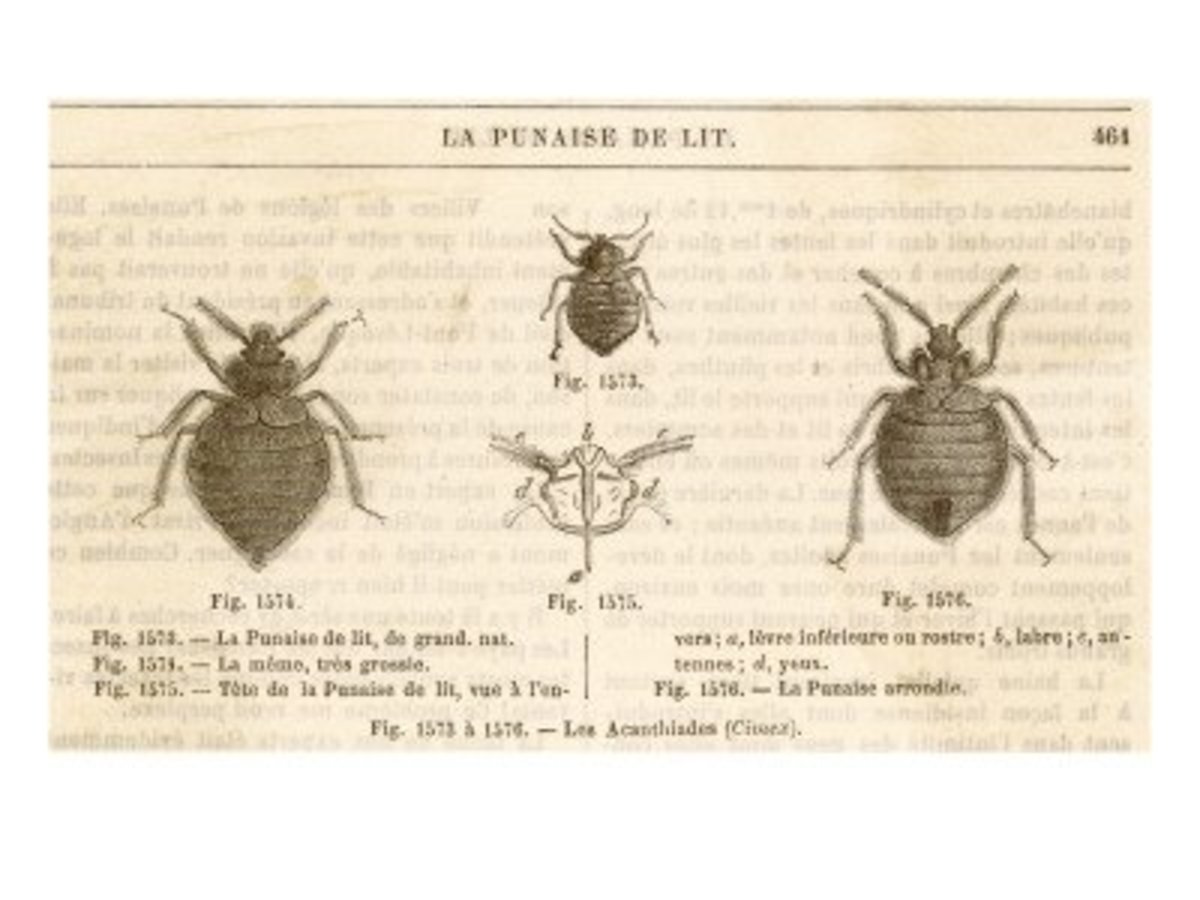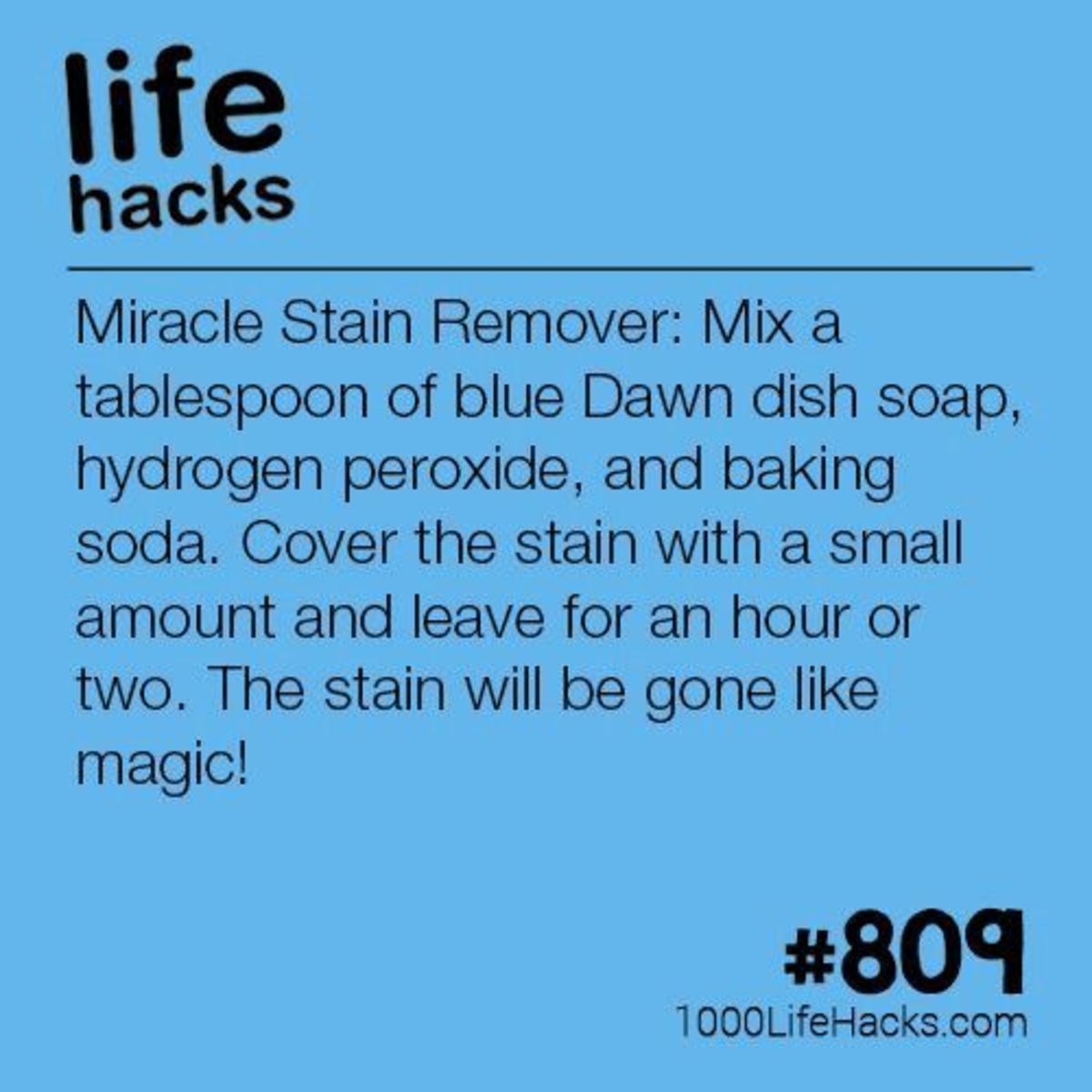What is the Best Mouse Repellent?
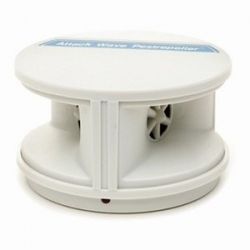
Peppermint Oil, Ultrasound and Other Mouse Repellents
There are many, many mouse repellents out there, ranging from a cayenne pepper on a string to ultrasonic devices. This can make it very difficult to choose which to use. One thing most mouse repellents have in common is that they get mixed reviews. Some people find that they work, while others find that the same repellent has no effect, or that it works only for a short time.
One problem with many mouse repellents is that they only work for a short time. Many repellents work by smell, and smelly substances have a tendency to become less intense with time. Like most animals, mice also have a tendency to become used to something that is present for a long time. This is called habituation, and is similar to a human learning to tune out the sound of next door's dog barking or the TV going constantly.
So how useful are mouse repellents? They can be useful, if they are used correctly, but they usually aren't a complete solution to a mouse problem.
Ultrasound Repellents
Ultrasound has been used for decades to repel mice and rats. Unfortunately, ultrasound appears to be more effective in the laboratory than in real life. Laboratory rats and mice appear to be more sensitive to ultrasound than wild rats and mice. Ultrasound is also directional, and the repelling power decreases rapidly as the distance from the ultrasound source increases. You need to put the emitter close to the things you most want protected.
Like many things, ultrasound is something mice and rats can become habituated to, so you will probably find that it works better at first than it does later. If it stops working, try turning it off for a couple of weeks and using a different type of repellent. Then turn on the ultrasound again.
If you have pets, you should avoid using ultrasound because pet dogs and cats can hear higher frequencies than humans can, and ultrasound may bother them. If you have pet rodents, they should not be anywhere near an ultrasound emitter.
Peppermint Oil, Spearmint Oil and Other Plant Materials
Repellents in this category tend to be quite safe, although they also tend to lose their effectiveness with time. Plant-based repellents are also the easiest homemade mouse repellents. You might even have some of the original plants, such as cayenne pepper or spearmint, growing in your garden.
If you want to keep things really simple, you could try placing mint sprigs or a cayenne pepper on a string around food and food preparation areas.
Spearmint or peppermint oil is sometimes used in commercial mouse repellents, as is balsam fir oil. Clove oil, Tabasco Sauce, Cinnamon, Citronella and Eucalyptus may also work. Try a few and see if they work on your mice.
Unfortunately, most mouse repellents do not work indefinitely due to habituation and/or losing their potency. Rotation of different repellents is likely to increase the effectiveness of your repellent program.
Which Mouse Repellents Have You Used?
More Mouse Repellent Tactics
Mouse predators
Mice may also be repelled by the presence of cats even if the cat is a poor hunter. On the other hand, rodents have also been known to steal food out of the cat's dish when it isn't around, so cats are clearly not very effective as a repellent. Rats will kill mice, and mice are afraid of them, but rats are even worse to have loose in the house than mice. There are some commercial repellents based on the urine of mouse predators that may be partly effective.
Keeping Rodents Out
As well as attempting to repel mice, you should also investigate to find out how they are getting into your house. A mouse can enter through a dime-sized hole so it may be hard to find the entry points. Sometimes homeowners have to teat off siding in order to find the holes! Once you find them, block them with something solid, stuff them with steel wool, or place metal sheeting over them. Both rats and mice will chew on the edges of a small hole to make it bigger, and will chew away the insulation on electrical wiring where it passes through a wall.
Reducing Attractants
In addition to repelling mice, it is important to reduce mouse attractants. Spilled food, leftovers and food that isn't in mouse-proof containers will attract mice. Close cupboards, put a lid on your garbage and compost bins, and clean up spilled food. This way the mice will have less reason to chew their way in, or to put up with the repellents and you are more likely to become mouse-free.




